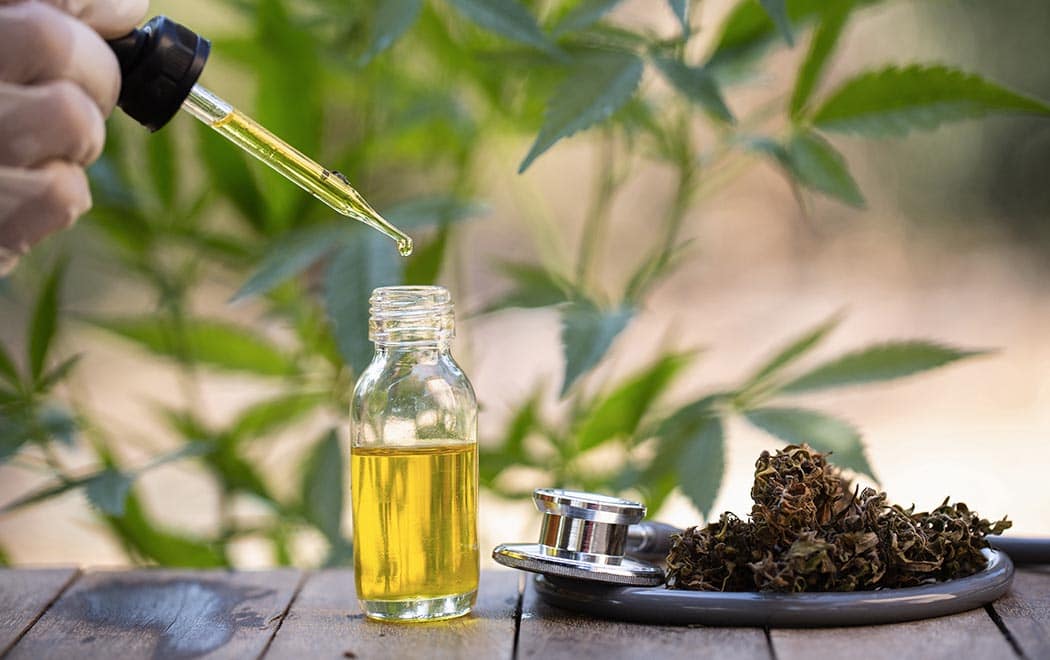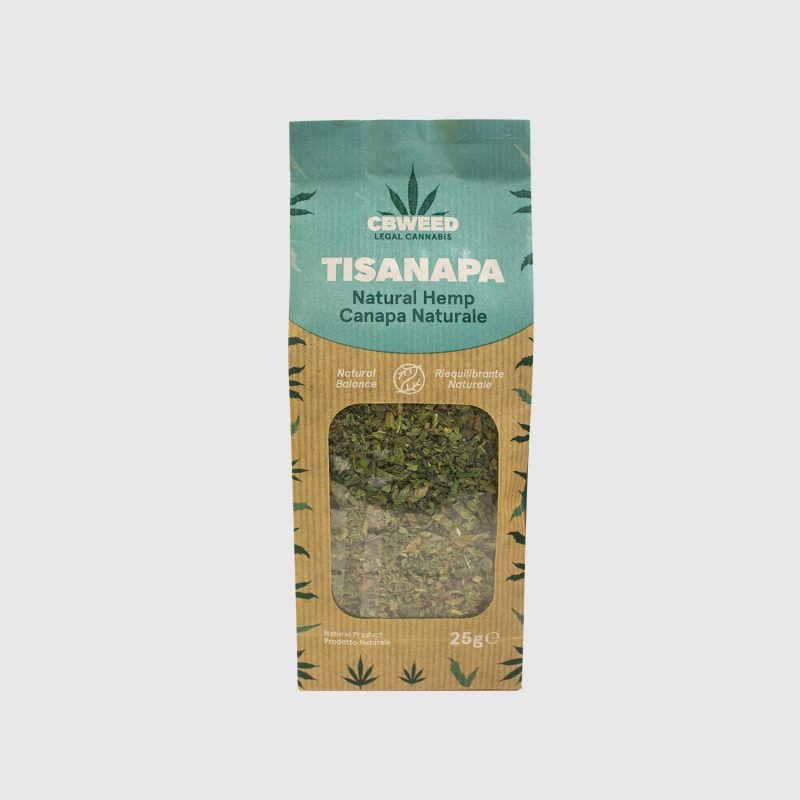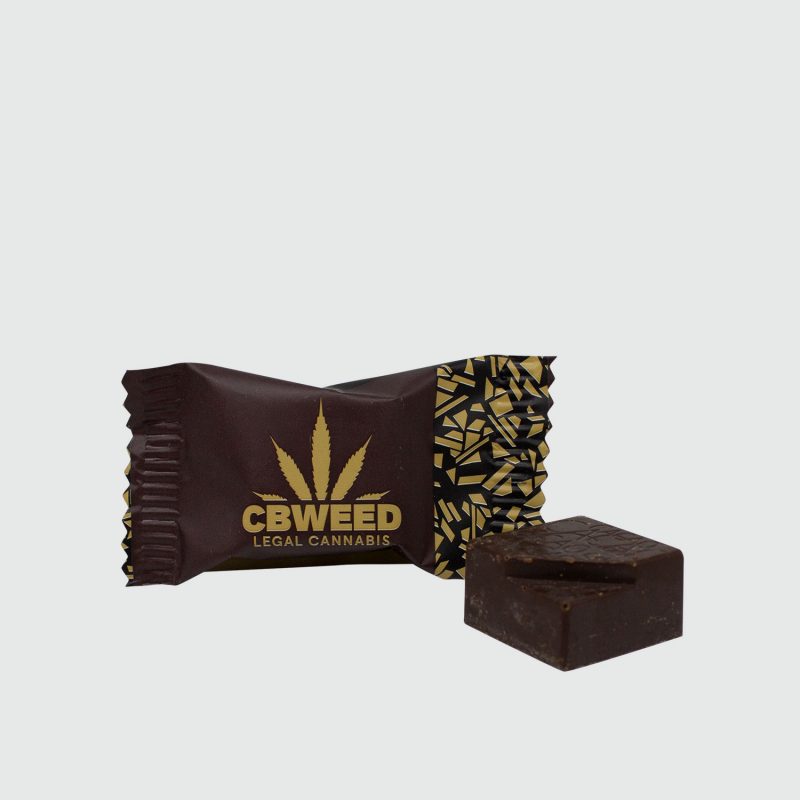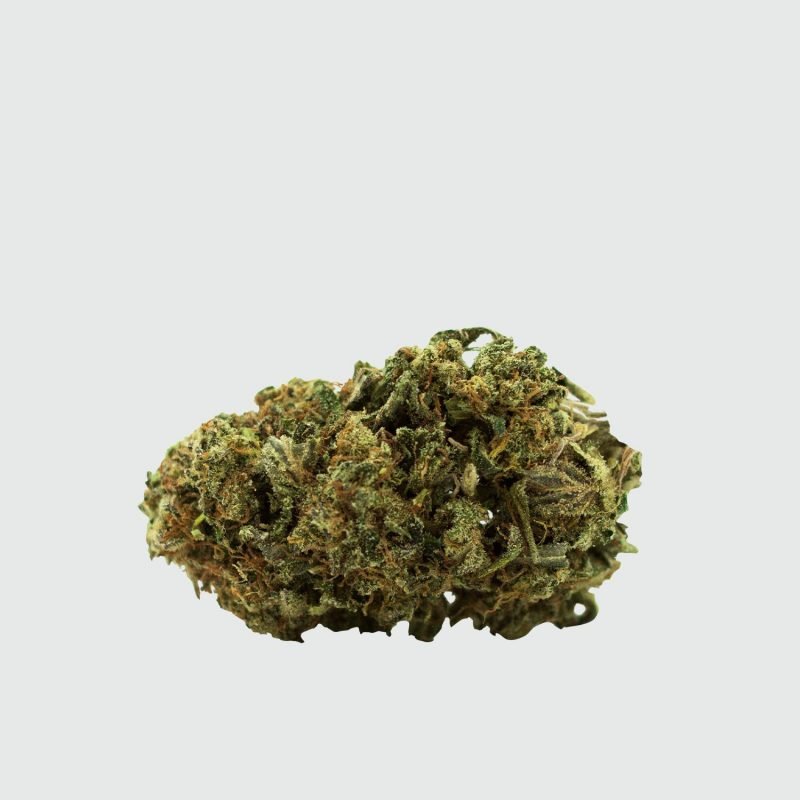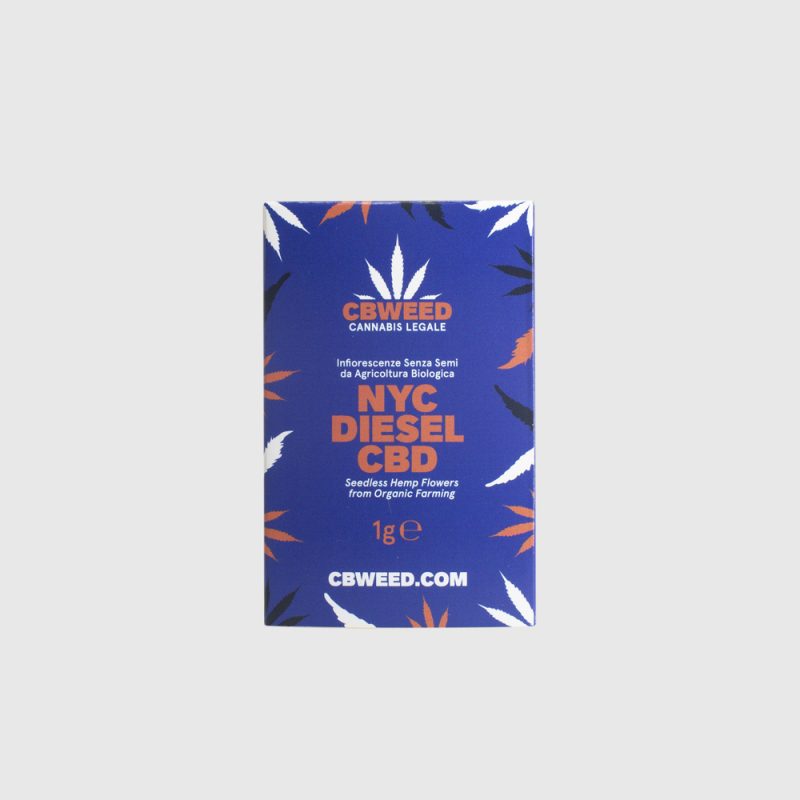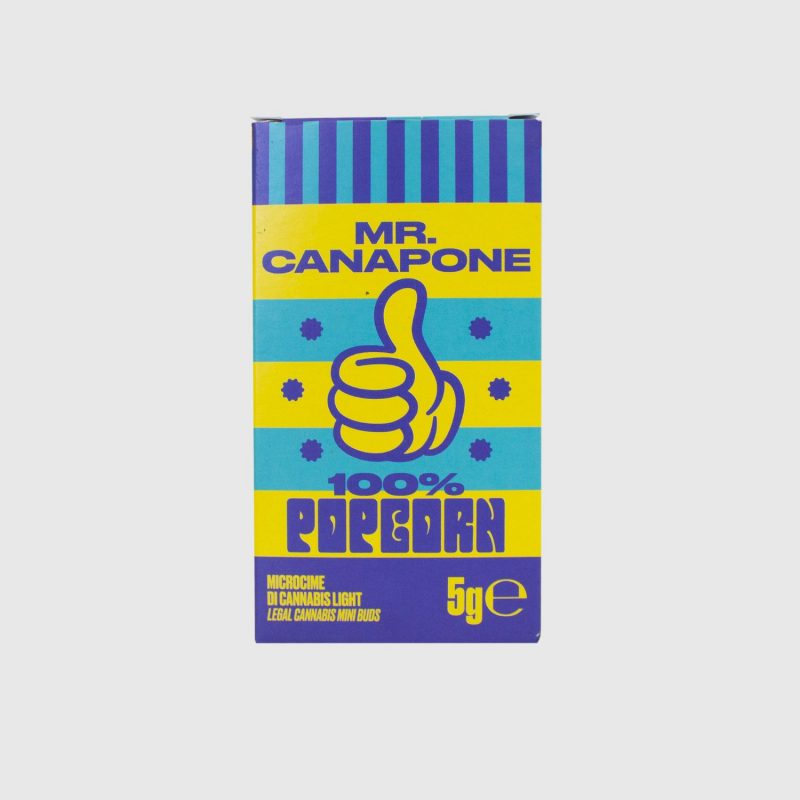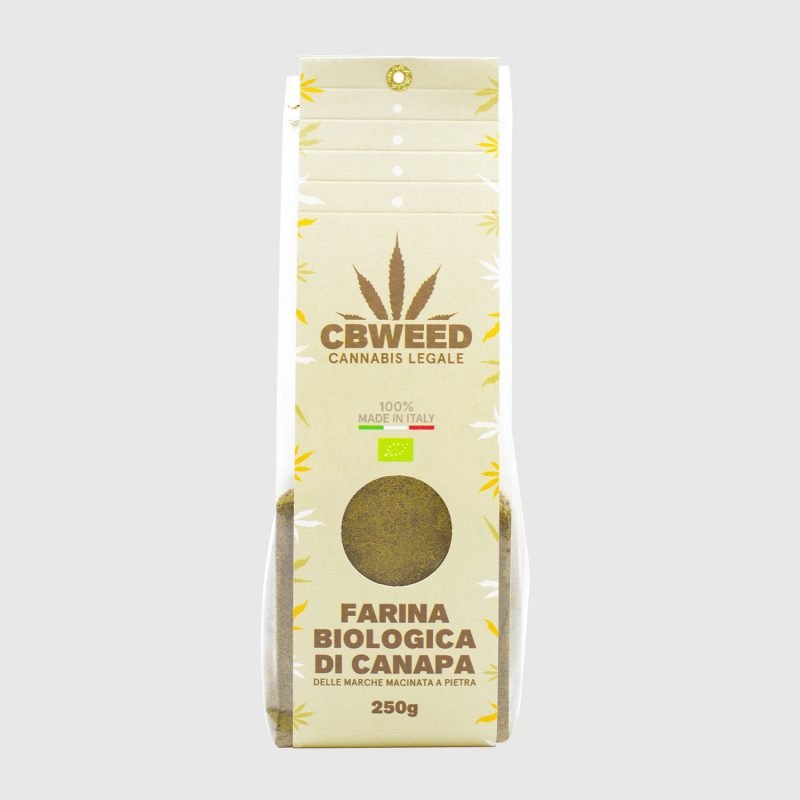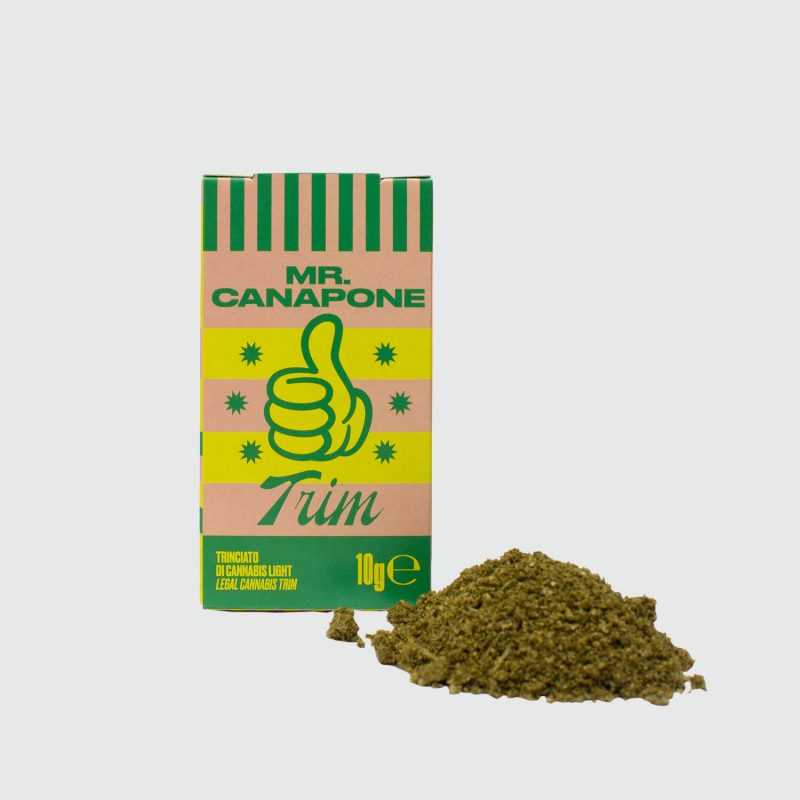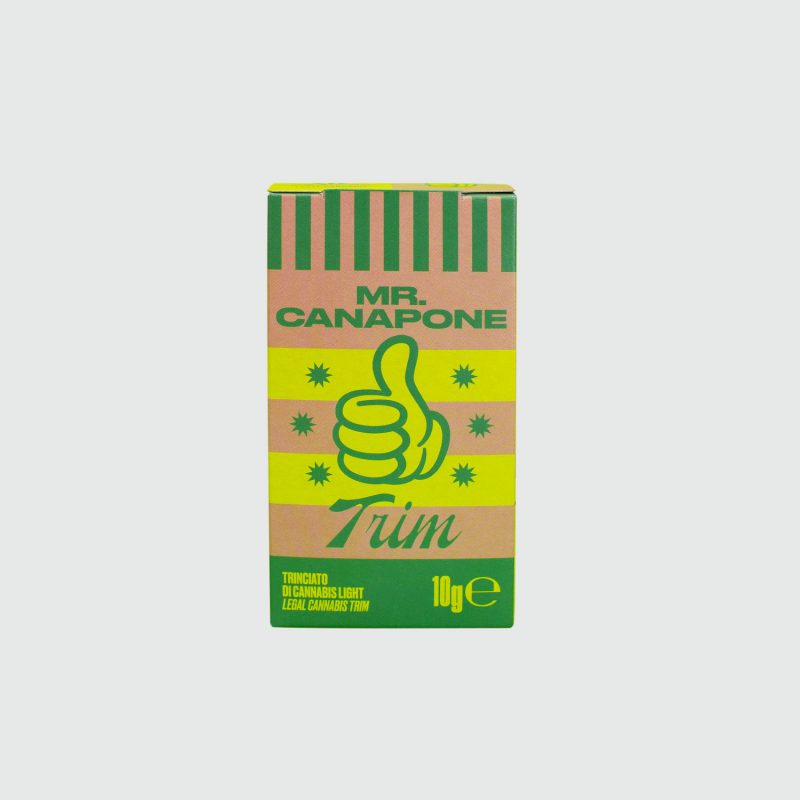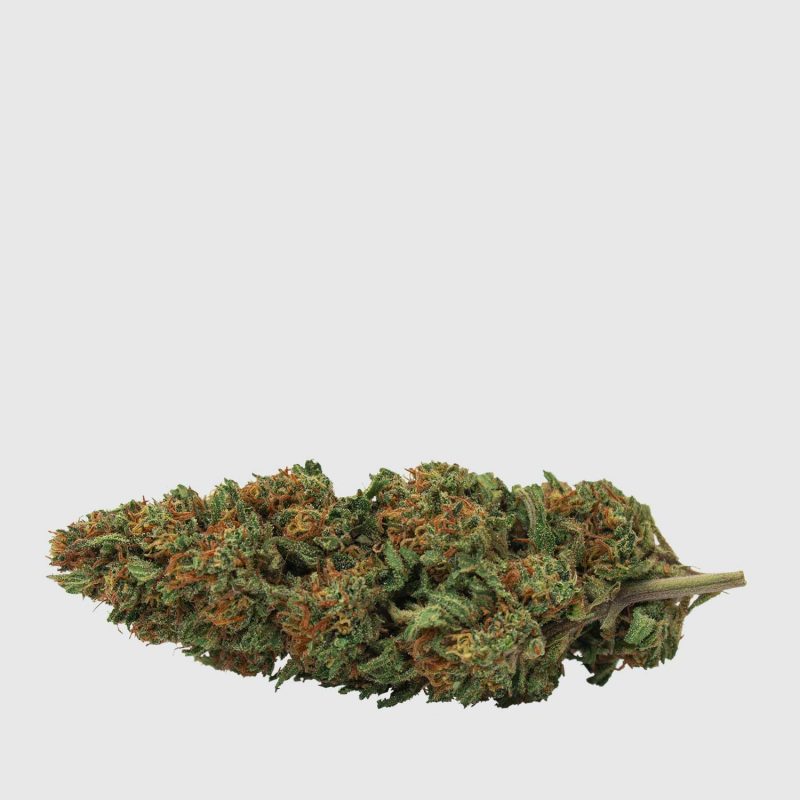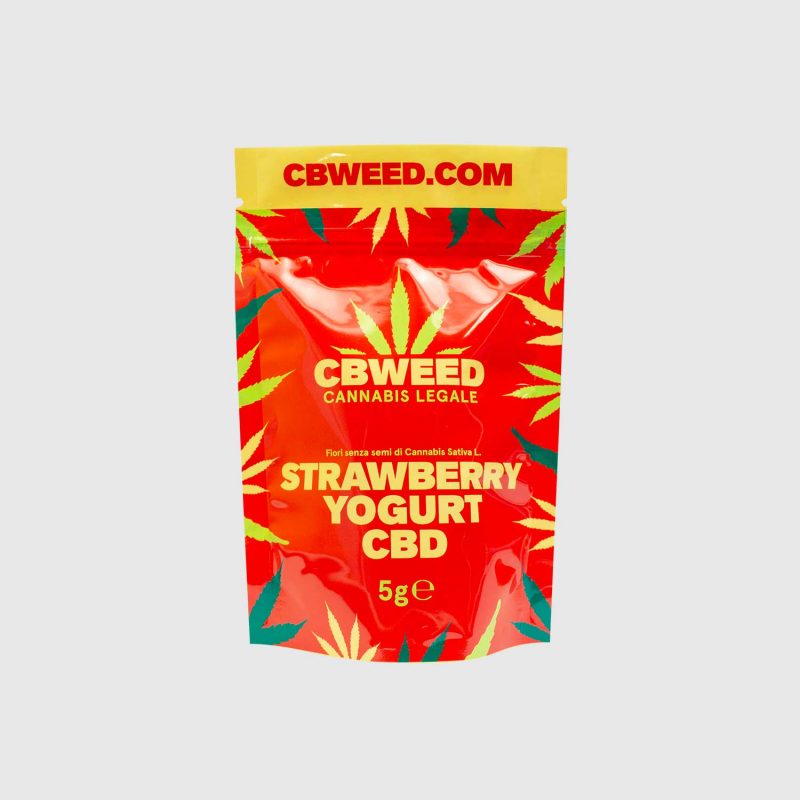Does taking CBD oil put you at risk of having a license withdrawn?
The research is increasingly enthusiastic about the beneficial qualities of cannabidiol. Still, some people have expressed their fears about the risk of being able to test positive for a drug test and incurring the withdrawal of the license after taking CBD through oil or tablets.
Is it possible to pass legal problems in case of control by the police?
When we talk about cannabis, antennas are very often raised after so many years of this plant and its extracts having been considered illegal; it is difficult to understand how far you can go in cannabinoid consumption. If, after an accident, while driving, you are subjected to drug tests, for example, can the innocent use of CBD in the form of concentrated oil cause problems and lead to the withdrawal of the driving license or, worse, to a criminal complaint?
The answer is straightforward: no.
CBD is not a psychotropic substance and is not included among the elements for which the so-called drug test is done, neither through the control of blood nor urine, let alone with the hair test. But you must always be sure not to use products contaminated with traces of THC, which instead is part of this list of offending substances.
You may also be interested in:
Therapeutic cannabis and driving license withdrawal
Difference between CBD and THC
The molecules in cannabis are not all the same! When it comes to driving licenses and driving skills, the law does not mention CBD in any way because this cannabis molecule is not psychoactive. Cannabis is incompatible with driving a vehicle in the presence of another cannabinoid, THC or delta-9-tetrahydrocannabinol, or, as it is more commonly called, tetrahydrocannabinol, is one of the active ingredients of cannabis. THC is produced from the flowers of the marijuana plant and is, in fact, a psychogenic substance, included in the list of substances considered invalidating for driving.
While, for CBD, there are no legal limits, in Italy, the law mentions that THC in legal cannabis must have a percentage below 0.2% (with a tolerance of up to 0.6%). Above these values, we speak of illegal cannabis or therapeutic cannabis (if accompanied by a regular medical prescription and if purchased through legal channels).
CBD is used by many as a supplement, also thanks to the fact that it has very few contraindications and, above all, that it does not affect in any way a person’s mood, conscience, mental faculties and physical abilities. It is considered a great anti-inflammatory and anxiolytic; it has offered encouraging results both in in-vitro and in-vivo studies. Moreover, this molecule has recently been removed from the doping substances list by the World Anti-Doping Agency, and its excellent properties for health have also been recognized by the WHO (World Health Organization). When taken in the form of concentrated oil (or even gel capsules or high-concentration skin products), in compounds that do not contain THC, it is harmless for those who start driving.
The problem of THC contamination
It is worth noting that CBD is extracted from the cannabis plant, which also contains THC; therefore, it could become contaminated and show unintended traces of psychotropic substances. In the case of drug tests, this could be a severe problem and complicated to overcome. This risk exists for many cannabidiol supplements whose production does not take place under strict controls. The only way to make sure you do not test positive for a THC metabolite test is to check the amounts of tetrahydrocannabinol in your CBD supplement. If you entrust yourself to a product coming from a quality laboratory that subjects its extracts to thorough checks and guarantees a minimum or zero THC content, then you have an excellent chance of passing the test. On the other hand, drug screening only verifies the presence of psychotropic substances contained in cannabis or THC and its metabolites. For this reason, always try to check the components of the products you use every day; check the actual amounts of CBD and THC, and you will not run unnecessary risks!
Ah, our CBD OIL is safe from this point of view.


 Italiano
Italiano

